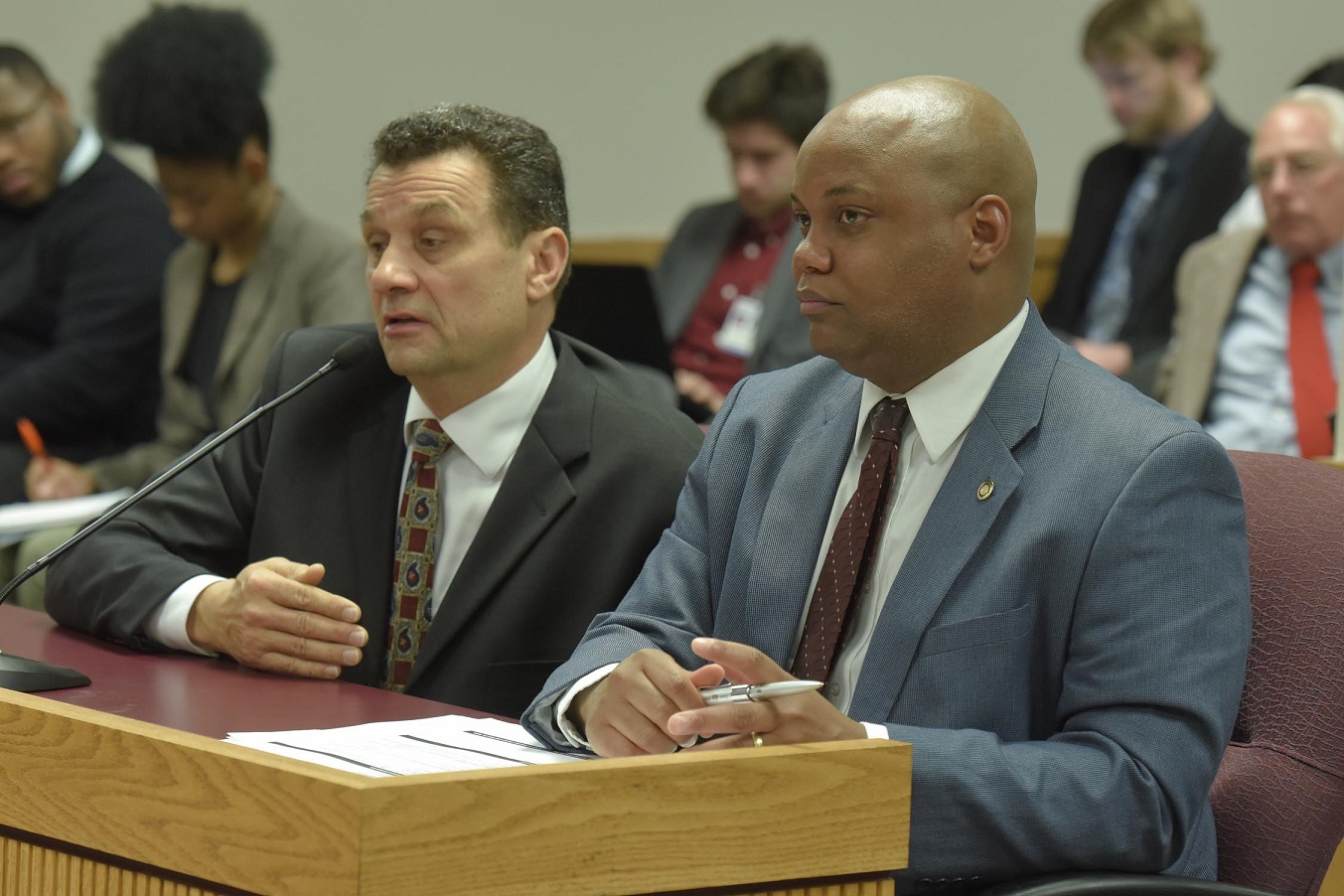A House Republican is again proposing that independent investigators be required whenever a law enforcement officer in Missouri is involved in someone’s death.

House Bill 232 would require all law enforcement agencies in Missouri to have written policies on how officer-involved deaths would be handled. Those policies would have to utilize at least two investigators, with neither of them being employed by the same agency as the officer involved in the death. In the case of traffic-related deaths, the bill would require that an outside crash reconstruction team participate in the investigation.
The bill would also require the investigators issue a report to the local prosecutor. If that prosecutor decides no prosecution will follow, the investigators would make that report public.
This is the third year Representative Shamed Dogan (R-Baldwin) has offered such a bill.
The bill is modeled after legislation that has become law in Wisconsin. It was backed by Michael Bell, whose son Michael was shot and killed by police in Kenosha, Wisconsin, in 2004. Bell later won a lawsuit against police over the incident.
Bell said the legislation has been put to the test in the four states where it has been passed and he believes it has worked well and has improved the public’s trust in law enforcement. He said that would also make police safer.
Representative Justin Hill (R-Lake St. Louis), a former O’Fallon police officer and drug task force member, questioned whether the bill would make a difference.
As in past years, some have questioned what the cost of Dogan’s proposal would be on law enforcement agencies, especially in rural areas.
Hill also said many law enforcement agencies in Missouri already use an outside investigator in officer-involved deaths.
“There was an independent investigation in Ferguson and the city still burned,” said Hill.
Dogan said after the House last week endorsed legislation that would increase penalties when certain crimes are committed against law enforcement, following up with his legislation makes sense.
The bill would allow the agency an officer involved in a death works for to conduct its own investigation as long as it would not interfere with the independent investigation that the bill requires.